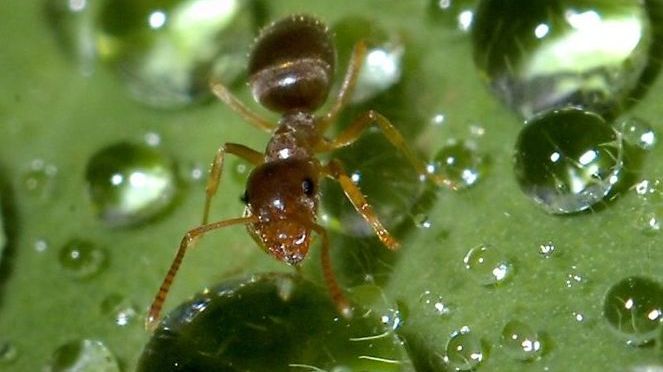The Rain Can Be Predicted by Ants

It is often said that impending rain can be predicted by ants as they seem to respond through changing their behavior. However, is there any piece of scientific evidence that supports this myth? In short, no there isn’t one, although it is pretty difficult to debunk, considering that there are 13000 species of ants on this planet so we have to deal with the sheer diversity of this insect.
In theory, ants possess a full array of senses that could let them know about imminent rain. Their antennae are detectors which are sensitive enough that they could pick up small chemical traces. The Florida carpenter ant, for example, has over 400 genes for detecting smell, which represents the largest number of any known species of insects.
Also, the ants’ antennae can detect minimal changes in temperature, which, in theory, might let them notice the sudden temperature drop that occurs just before rainfall. Because there are so many species and their sensory systems are so well-developed, it is definitely possible that there are some ant species which evolved a way of detecting rain before it falls.
However, the data observed during various experiments show that such ants that change their behavior according to the weather don’t exist.
If the question of how can ants predict rain remains unanswered, momentarily, then let’s focus on how they are dealing with flooding. The simplest way of dealing with flooding is apparently holding their breath as their nest floods. There are workers of four coastal species that, once submerged in cool water (5 to 7 degrees Celsius) can survive for up to 8 or 9 days.
The mangrove ant soldiers can use their giant heads to block the nest’s entrance and prevent flooding. Other species use rocks or twigs to block the entrance.
0 comments